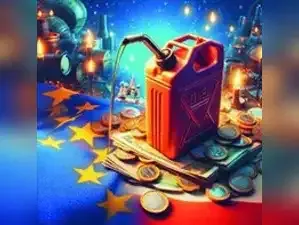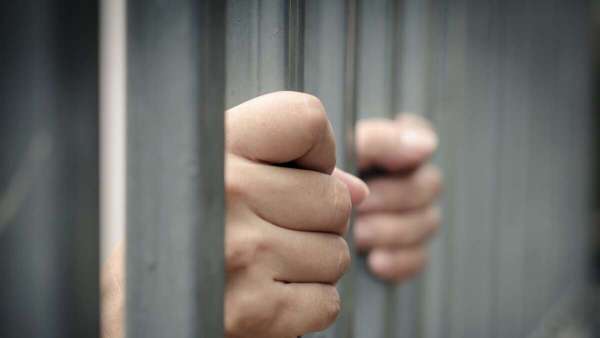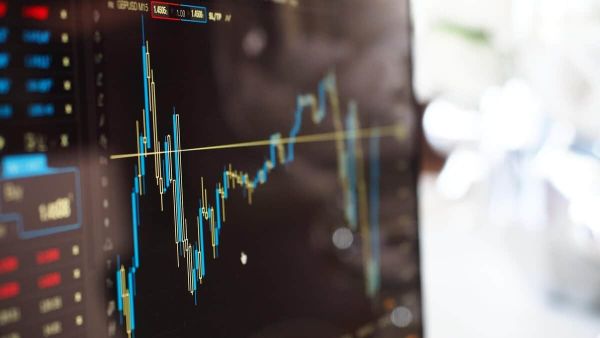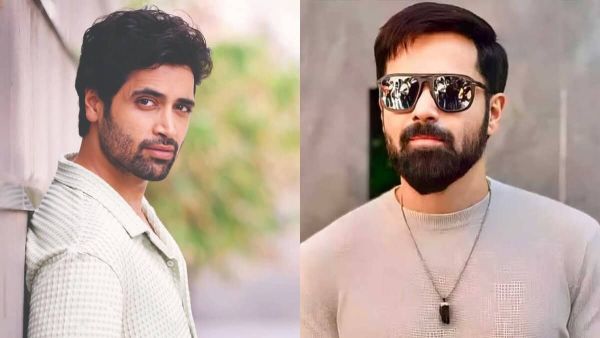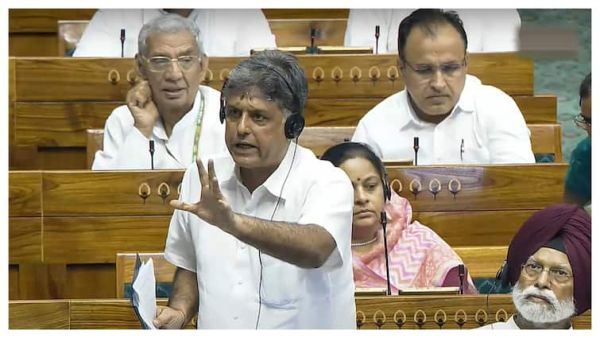In Donald Trump's world view, tariff threats, not diplomacy, produce results. Hungry for a 'win' as the big deal-maker, the tariff addict put Russia on a 50-day clock in mid-July. With Nato secretary general Mark Rutte by his side, Trump told Kremlin to agree to a peace deal, or get ready for 100% tariffs, with similar tariffs on countries doing business with Moscow.
Trump's threat echoed in the US Senate. In a rare bipartisan moment, it was set to pass a bill imposing secondary sanctions on countries doing business with Russia, such as China, Brazil and India. Rutte joined in - get Moscow to talk peace, else.... Perhaps Rutte didn't want to rock the boat especially after Trump announced his plan to support Ukraine's war efforts - get Europe to buy US weapons. But the former Dutch PM should know the impact of high secondary tariffs on the EU. Though substantially reduced, the EU still imports Russian fossil fuels - about 19% of its gas and 3% of oil. Direct imports of oil from Russia are down, but there has been a rise in the EU's import of oil from Brazil and India, both countries buying discounted Russian oil. In June, the EU was the fourth-largest buyer of Russian fossil fuels, mostly LNG. Rutte's Netherlands exclusively imported LNG valued at ₹99 mn from Russia.
Russia's relationship with India and Brazil is very different from that with China. Remember the Xi-Putin 'friendship without limits'? Instead of threatening sanctions, the EU leadership should work with Brazil and India to find alternatives to Russian fossil fuels, while ensuring these countries are able to meet their energy needs. Europe needs to understand that the current geopolitical context requires a different handling of the world. Blindly towing the US line won't do.
Trump's threat echoed in the US Senate. In a rare bipartisan moment, it was set to pass a bill imposing secondary sanctions on countries doing business with Russia, such as China, Brazil and India. Rutte joined in - get Moscow to talk peace, else.... Perhaps Rutte didn't want to rock the boat especially after Trump announced his plan to support Ukraine's war efforts - get Europe to buy US weapons. But the former Dutch PM should know the impact of high secondary tariffs on the EU. Though substantially reduced, the EU still imports Russian fossil fuels - about 19% of its gas and 3% of oil. Direct imports of oil from Russia are down, but there has been a rise in the EU's import of oil from Brazil and India, both countries buying discounted Russian oil. In June, the EU was the fourth-largest buyer of Russian fossil fuels, mostly LNG. Rutte's Netherlands exclusively imported LNG valued at ₹99 mn from Russia.
Russia's relationship with India and Brazil is very different from that with China. Remember the Xi-Putin 'friendship without limits'? Instead of threatening sanctions, the EU leadership should work with Brazil and India to find alternatives to Russian fossil fuels, while ensuring these countries are able to meet their energy needs. Europe needs to understand that the current geopolitical context requires a different handling of the world. Blindly towing the US line won't do.
